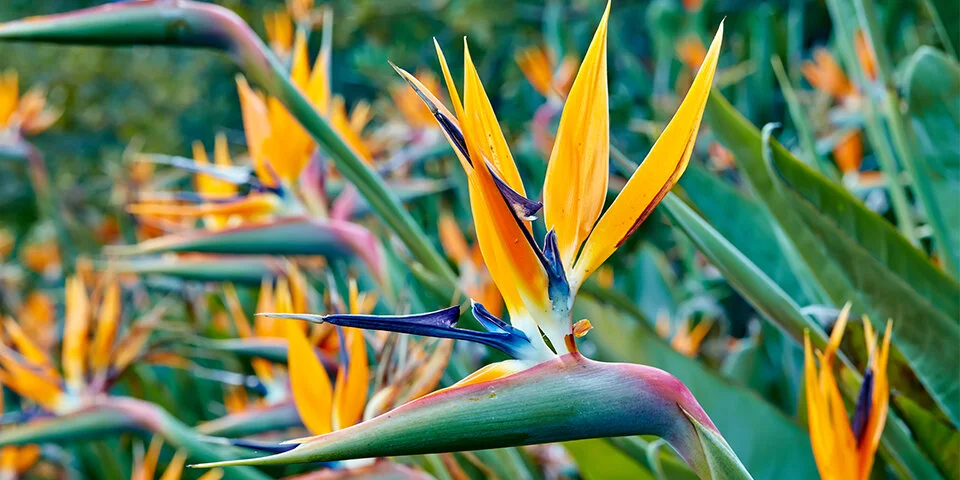During our more than 50 years of gardening, various weeds have flourished on our property. Some, like oxalis (O. pes-caprae, O. corniculta, creeping spurge (Euphorbia maculata), and sow thistle (Sonchus oleraceus) we always have with us. Others, like purslane (Potulaca oleracea) and petty spurge (E. peplus) can sprout aggressively one year and almost disappear another. This year the pest du jour is wild carrot, which I don’t recall having been a problem before.
If you define a weed simply as a plant growing in the wrong place, in recent years our weeding has increasingly been directed towards plants we have introduced ourselves. Some, like the South African bulb, Anomatheca laxa, were gifts from friends during our time as novices in Southern California gardening. Some, like feverfew (Tanacetum parthenium) and the Corsican hellebore (H. argutifolius), we acquired during a phase of enthusiasm for the English cottage garden, but they have now turned feral, seedlings of the former reverting from a named double-flowered cultivar. We bought a violet flowered columbine, probably Aquilegia vulgaris, many years ago and it was well behaved until the last two years when seedlings appeared everywhere. If it’s allowed to get established it can develop deep roots that make digging it out a chore.
Left to right: Verbena bonariensis, Linaria maroccana and Moraea polystachia
Verbena bonariensis has some admirable qualities, which is why we haven’t attempted to eradicate it since we bought a plant some 40 years ago. It is drought tolerant, blooms for much of the year, and the birds, especially lesser goldfinch, love it. However, our compost is loaded with the seeds. The seedlings are easily removed, so long as you recognize them early.
We were given some seedlings of Moroccan toadflax (Linaria maroccana) a half dozen years ago, and it has reseeded itself mightily since then. It comes in a variety of colours, and unlike Nemesia whose behaviour is similar, its progeny don’t revert to a bland monochrome. The photo shows the magnificent display it puts on at the height of its blooming season in late March and early April. When the blooms fade a major cleanup is needed. If you want to protect less aggressive plantings from being overwhelmed, you need to attack the myriad seedlings with a scuffle hoe when they first emerge in February. How about using a pre-emergence weed killer? I’m insulted that you think I would even consider such an abomination.
Moraea polystachia was one of my early purchases from Richard Doutt when I first became interested in rare South African bulbs, some 35 years ago. I have lost most of my collection over the years, victims of rodent attack or some inadvertently dug up or tossed out during their long dormant season. M. polystachia, unlike the more desirable members of the genus, begins growing and blooming in September, and continues to bloom until spring, producing numerous seed pods all the while. It seems especially aggressive in La Jolla, and some bulb fanciers from farther north envy my ability to propagate it. I’ve been tempted to eradicate it, but the blooms are so attractive that I can’t bring myself to exhibit the glyphosate. The photo shows why that might become necessary.










